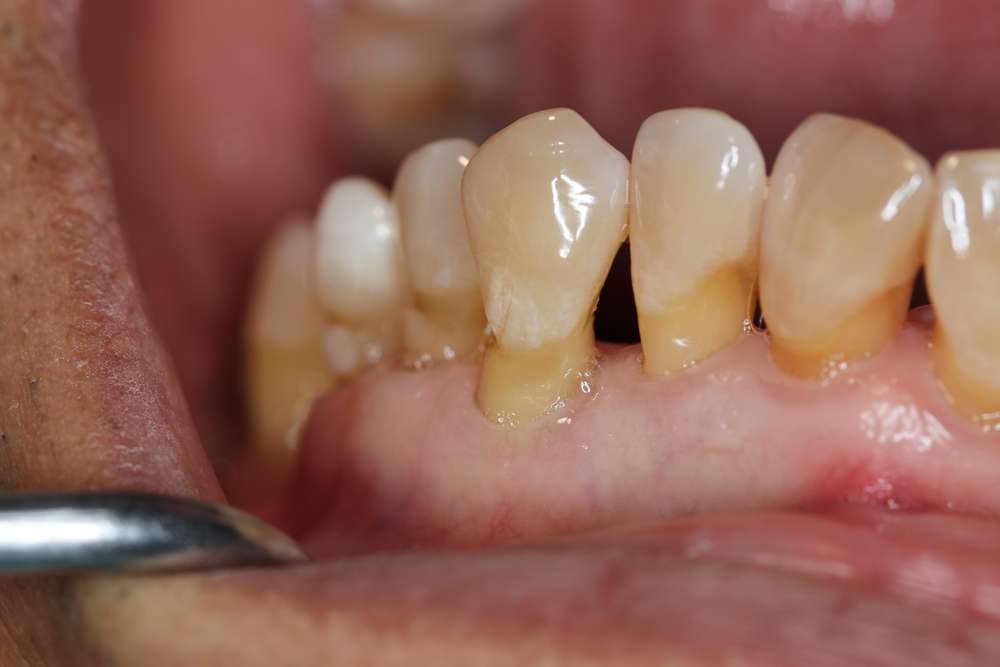
Gum Disease and Tooth Loss Linked to Brain Shrinkage and Alzheimer’s Disease, Study Finds
A recent study published in the journal Neurology reveals a connection between gum disease, tooth loss, and brain health. While the study does not prove direct causation, it shows an association between gum disease, tooth loss, and brain shrinkage in the hippocampus, a region responsible for memory and Alzheimer’s disease. The research involved 172 participants without memory problems and included dental exams, memory tests, and brain scans. The findings indicate that both the number of teeth and the severity of gum disease are linked to changes in the left hippocampus. Individuals with mild gum disease experienced a faster rate of brain shrinkage with fewer teeth, while those with severe gum disease experienced the same effect with more teeth. Adjusting for age, the study suggests that losing one tooth accelerates brain aging by almost one year for those with mild gum disease, while having one more tooth increases brain aging by 1.3 years for those with severe gum disease. The lead researcher emphasizes the importance of dental health and regular check-ups to prevent gum disease progression. In cases of severe gum disease, extraction and replacement with prosthetic devices may be necessary. However, further research with larger sample sizes is needed to validate these findings beyond the study’s limited location in Japan.
To know more: About the original article click here.
